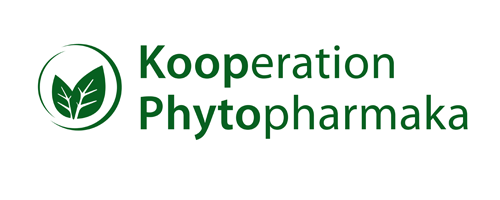German Medicines Law (AMG)
The currently valid medicines law was enacted in 1976 and came into force on 1st January 1978. The last amendment (15th amendment) was made in July 2009. It governs all the issues for the production and quality control of drugs, as well as the trade of medicinal devices in Germany. In the context of European harmonisation in the 1960s, there was a compelling need for such a body of laws, motivated by the need for greater drug safety. The trust had been shaken recently by the thalidomide tragedy. In ¤ 1 AMG it therefore states: "It is the purpose of this Act, in the interest of a proper supply of medicines for human and animal to ensure safety in the commerce of medicines, particularly for the quality, efficacy and safety of the drug."
A central theme of the AMG is the question of how a drug reaches the market and therefore the consumer/patient. In this context, the AMG coined the term "approval". If a pharmaceutical company wants to market a drug, it must apply for a licence (¤ 21). It is awarded for the German market at the request of the Federal Institute for Drugs and Medical Devices (BfArM) in Bonn. Therefore, the company must submit extensive documentation on its drug to prove its quality, efficacy and safety. With the so-called innovative drugs, the efficacy and safety must be documented with extensive pharmacological clinical and toxicological studies. If a drug has been used for at least ten years, generally in the European Union and therefore its medical effects and side effects are known (so-called general medicinal use), other scientific findings may also be submitted.
These provisions are equally applied to herbal medicines. The 14th amendment of the AMG (December 2005) also created the possibility to run through a simplified registration procedure of herbal medicines as traditional medicines (¤ 39a AMG) in addition to the regular approvals (¤ 21 AMG). This is true for drugs with tried and tested medicinal plants. To demonstrate the efficacy and safety no experimental data are presented, but only a bibliographic review, together with an expert opinion. Thus, to prove that the efficacy is plausible and that also a health hazard is not expected to emanate from these tried and tested medicinal plants. This dichotomy of the market in "approved" and "registered" (traditional) medicine is the result of the implementation of the corresponding EU directives (1999/83/EC and 2004/24/EC) into the German AMG. This division has been practiced in Germany, however, since 1994 (5th amendment) as part of renewals of authorisations.
→ Glossary
→ Medicinal Plants

